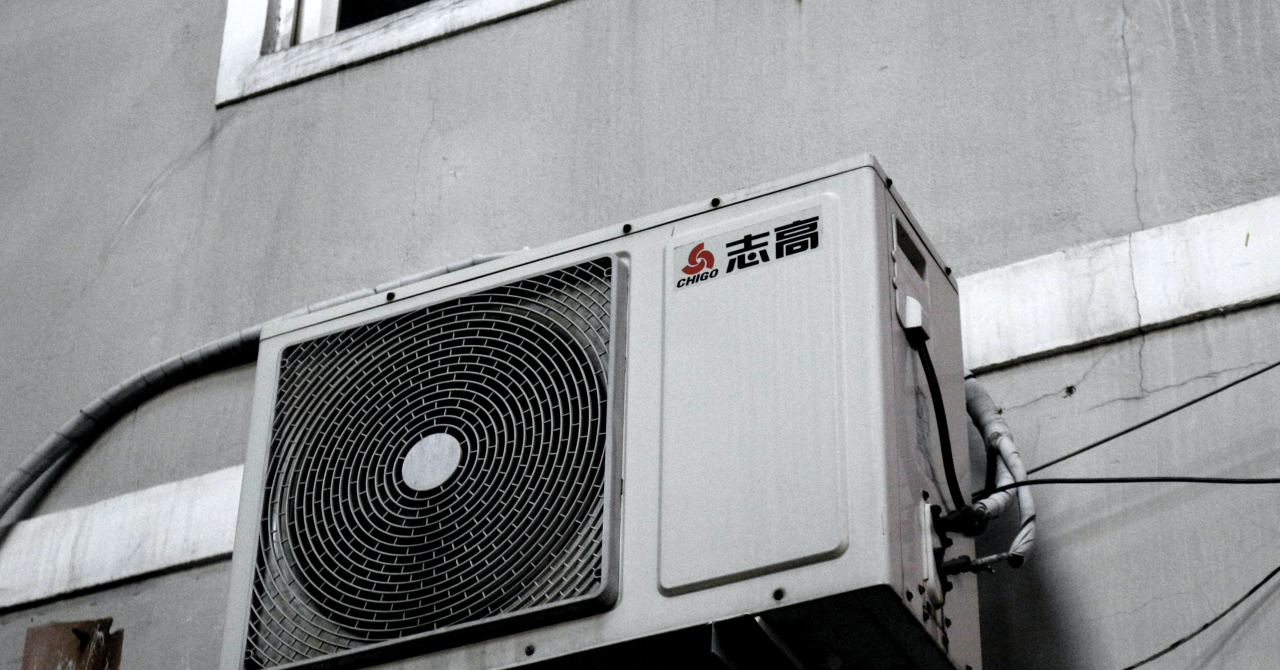According to AZO Cleantech, a team of US researchers is looking to present its own take at sustainable A/C units, which might be using solid refrigerants.
Adam Slavney, Ph.D, said that "just installing an air conditioner or throwing one away is a huge driver of global warming."
When air conditioners are functional, current hydrofluorocarbon refrigerants leak into the atmosphere, contributing to climate change.
Barocaloric materials, which is part of the class of solid refrigerants, work in a similar way to traditional gas-based refrigerants, as they use pressure changes to go through heat cycles, only in the case of the new technology, the refrigerant doesn't leak outside.
Barocaloric refrigerants have one main disadvantage, which is that they need significantly higher levels of pressures to perform cooling, compared to traditional refrigerant materials.
Jarad Mason, Ph.D, leading the team including Slavney, might have found with his colleagues barocaloric materials that are able to cool air at lower pressures, making them more suitable to use in A/C units.
"The materials we reported are able to cycle at about 204 atm, which are pressures that a typical hydraulics system can work at", says Slavney.
"Our system still doesn't use pressures as low as those of commercial refrigeration systems, but we're getting closer", Mason added.
The team of researchers will look into other barocaloric refrigerants to see which material is the best solution to replace traditional cooling substances in air conditioners and other cooling applications, such as refrigerators.
Harvard University Materials Science Research and Engineering Center and the Harvard Climate Change Solutions Fund are among those who financially backed the research of solid-state refrigerants.
 Mihai - Cristian Ioniță
Mihai - Cristian Ioniță












Any thoughts?